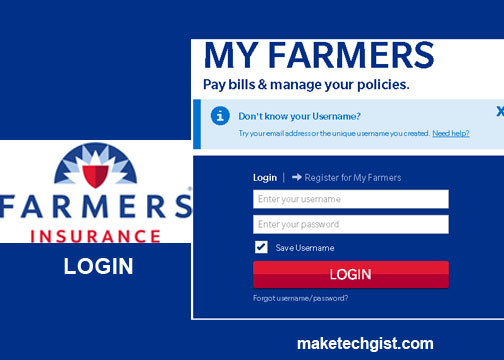Most insurance providers can insure four or five cars on one policy but, there isn’t a general restriction. While some businesses could be more accommodating to a larger number of automobiles, others might have more stringent requirements. However, it’s advisable to speak with the insurance company directly to find out the precise number of cars (and drivers) permitted on a policy.

In addition, you can deal with a qualified insurance agent who can offer professional advice catered to your needs and who frequently represents a variety of insurance companies. Furthermore, insuring more than one car on one policy is called Multi-car insurance.
Benefits to Insure Many Cars on One Policy
Insuring many cars on one policy enables you to have greater savings. You may save money on premiums by purchasing a single insurance that covers all of your cars rather than buying separate plans for each one. Generally, this can help you save a huge sum of money each month and be up to 15%–25% less expensive.
Additionally, handling all of your car’s insurance in one location and removing the need to compare quotes from several providers, may also save you a ton of time and trouble. We also provide you with the benefits of how many cars you can insure on one policy;
- Customized rules for every member of the family
- Breakdown support
- Cover for the windshield
- Select the open drive option.
- A substitute car in case of an accident
- Bonus protection with a step back or complete bonus protection
Disadvantages to Insure Many Cars on One Policy
Uniform coverage limits
Policy-level and auto-level coverage are the two categories of coverage that exist on an insurance policy. Moreover, the latter consists of individually selectable coverage for each car, such as comprehensive, collision, and roadside assistance. Since liability coverage is regarded as policy-level coverage, every vehicle has the same amount of it. However, you cannot insure many liability limits for separate cars on one policy.
Possible effect on claims
Whether you or another driver on your policy was at fault, all of the vehicles you have listed will probably see a price hike if one of them is involved in an accident.
Very expensive
Not only may other drivers’ past actions that remain on their record raise your rate, but so may accidents they cause while the insurance is in effect. You may have to pay more for insurance if the extra automobiles are driven by less-than-ideal individuals who have a history of infractions or claims.
One policy term
Multi-car insurance may come as a shock to your pocketbook if you are more accustomed to spacing out your payments over time for several policies, particularly if you paid for each one individually. A multi-car insurance will need you to pay a single, substantial amount upon renewal, which may be too much for some people to afford.
If so, you may want to think about making payments every month. Although monthly payments are more manageable, you won’t be eligible for the pay-in-full discount, which may be rather significant.
Do I Need Insurance to Insure many Cars on one policy?
Many vehicle owners are unsure of whether they may insure all of their cars on one policy or if they need to get separate auto insurance plans for each vehicle. However, most auto insurance providers let drivers combine several vehicles under a single policy (also known as multi-car insurance). In addition, this could ultimately save drivers time, money, and effort.
Moreover, auto insurance companies may even grant a multi-car discount to customers who register numerous vehicles under one name or family. However, these rates may differ from car to automobile because every car has different hazards depending on things like age, manufacture, and model. It’s essential to get in touch with your auto insurance provider to learn more about the price of auto insurance for each vehicle registered in your name.
Is There a Limit to How Many Cars to Insure On One Policy
The number of vehicles you may cover on one policy varies depending on the insurance company. Before you need a second auto insurance policy, many firms may insure up to four cars on one policy. Moreover, a single insurance from certain firms can cover more than four automobiles.
Generally, most insurers demand that you have an insurable interest in the car before you can get auto insurance. Insurable interest simply implies that you have a financial interest in the car. However, an insurance provider permits you to include a non-owned or co-owned vehicle in your policy if the owner may need to be a member of your household’s family.
That family member might also need to be added to your policy as an insured interest or as a driver. Furthermore, your insurance representative should be able to provide more detailed information about their company policies.
Is it Less Expensive to Include a Second Vehicle in Your Insurance?
One of the least expensive methods to insure more than one automobile is with a multi-car package. Even though your premium will be greater, it will often be less expensive than what you would pay if you bought separate insurance for each vehicle.
To insure many cars on one policy is possible only if you have multi-car insurance. If you need to drive someone else’s automobile in addition to your own, or if you have multiple cars, this could be helpful. Additionally, you may add extra named drivers to your policy, but at additional cost. Furthermore, you may get temporary auto insurance coverage if you need to insure a different driver on your vehicle for a brief period.





